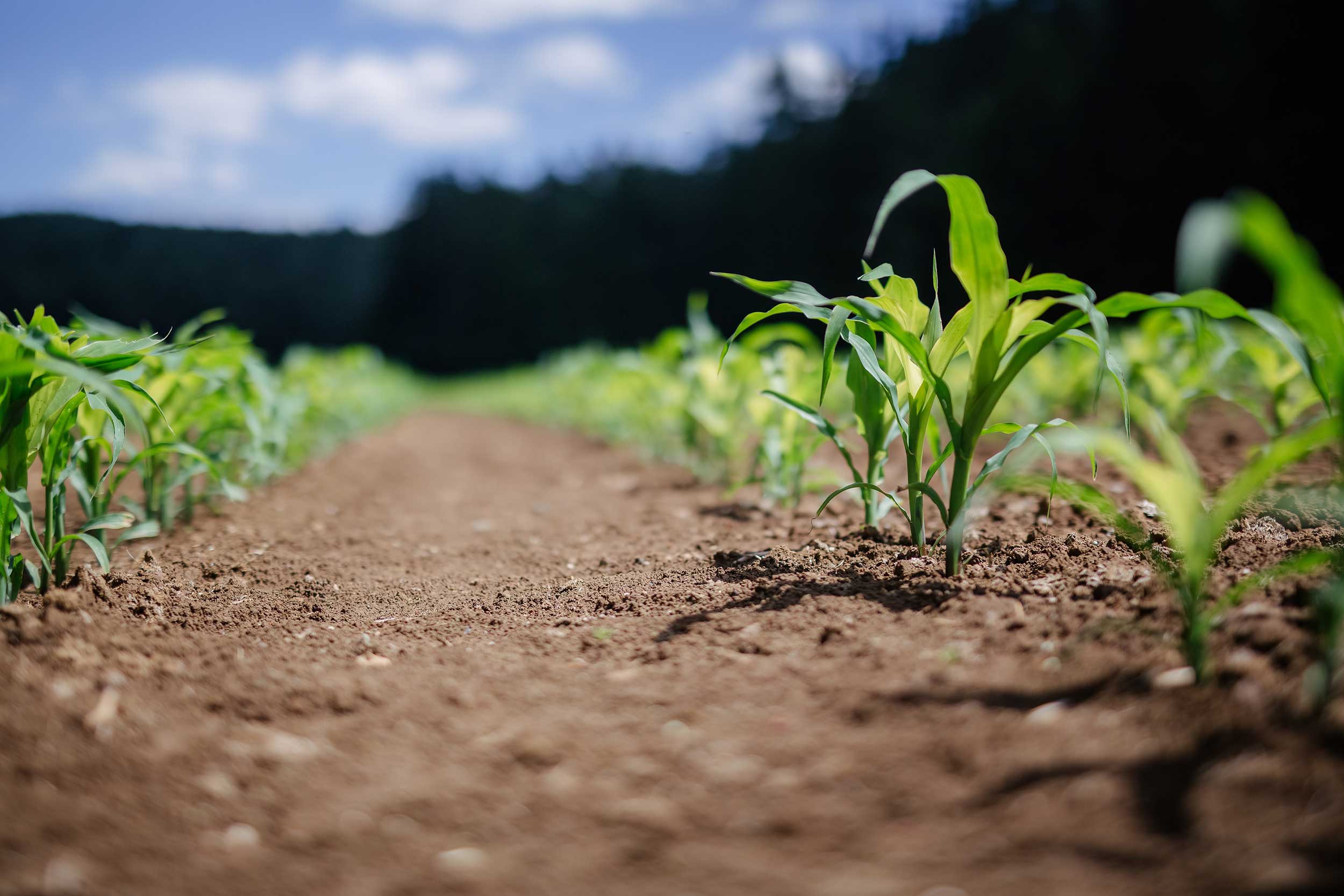Farmers and agricultural businesses are highly innovative. Many strive to develop innovative technologies and materials that will improve crop production, prevent pest infestation, and improve soil quality. With more people becoming aware of the health and environmental benefits of alternative farming methods and protein crops, demand for healthier, home-grown food is only anticipated to grow in the future.
Agricultural businesses are constantly engaged in research and development activities that can easily qualify for R&D Tax Credits. However, many in the industry are unaware of this. As a result, they are missing out on a vital source of government funding.
Have you created any new livestock feeds or improved your feeding techniques? Have you improved your harvesting methods? These are a few examples but if you answer yes to these questions then you might qualify for the underused R&D tax credit.
The following are some examples of agricultural businesses that may be eligible for the tax credit:
- Cannabis
- Horticulture
- Animal Feed
- Dairy Farming
- Livestock Ranching
- Commercial Plantations
Which Agricultural activities qualify for the R&D Tax Credit?
Products, services, or applications developed from agriculture that improve various input or output processes can be eligible as qualifying activities in the agriculture industry. Some examples are:
- Developing or improving breeding techniques for livestock
- Improving a facility for environmental, health, and safety reasons
- The application of automated irrigation in a new or enhanced manner
- Initiatives aimed toward enhancing sustainability or lowering environmental impact
- The development and implementation of new techniques for increasing yield and production efficiency
Applying the Four-Part Test
Eligible qualified research activities (QRAs) must also meet all the criteria established in the 4-part test:
- Permitted Purpose – Requires the project to be related to functionality, performance, cost savings, etc. The purpose can be to develop a new or improved product or process.
- Elimination of Uncertainty – The information needed must be aimed at removing any uncertainty about the development or improvement of a business component.
- Process of Experimentation – Implementation of a comprehensive method for identifying and evaluating potential solutions in order to attain the desired outcome
- Technological in Nature – The process of experimentation must rely on the hard sciences such as chemistry, biology, agronomy, horticulture, etc.
How can KPT Consulting help?
Whether you’re a small business owner, a startup, or a major corporation, if your company does business in the agricultural industry and engages in research activities on a regular basis, you’re likely eligible for the R&D Tax Credit. The R&D tax credit program is particularly beneficial, but it is also a highly technical subject. If you work with experts that understand your business and the research and development you’re doing, you’ll have a far better chance of succeeding with your R&D tax claim.
KPT Consulting specializes in assisting businesses in taking advantage of this lucrative tax benefit. Contact us today to learn more about how we can help!




